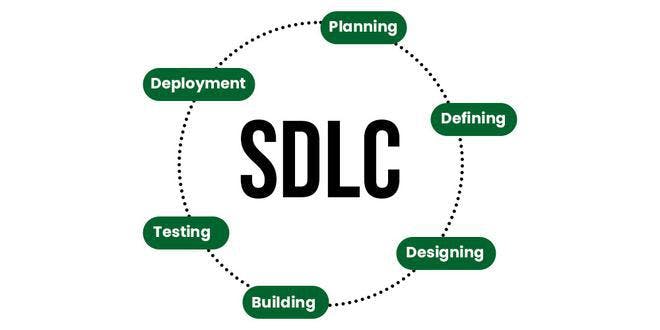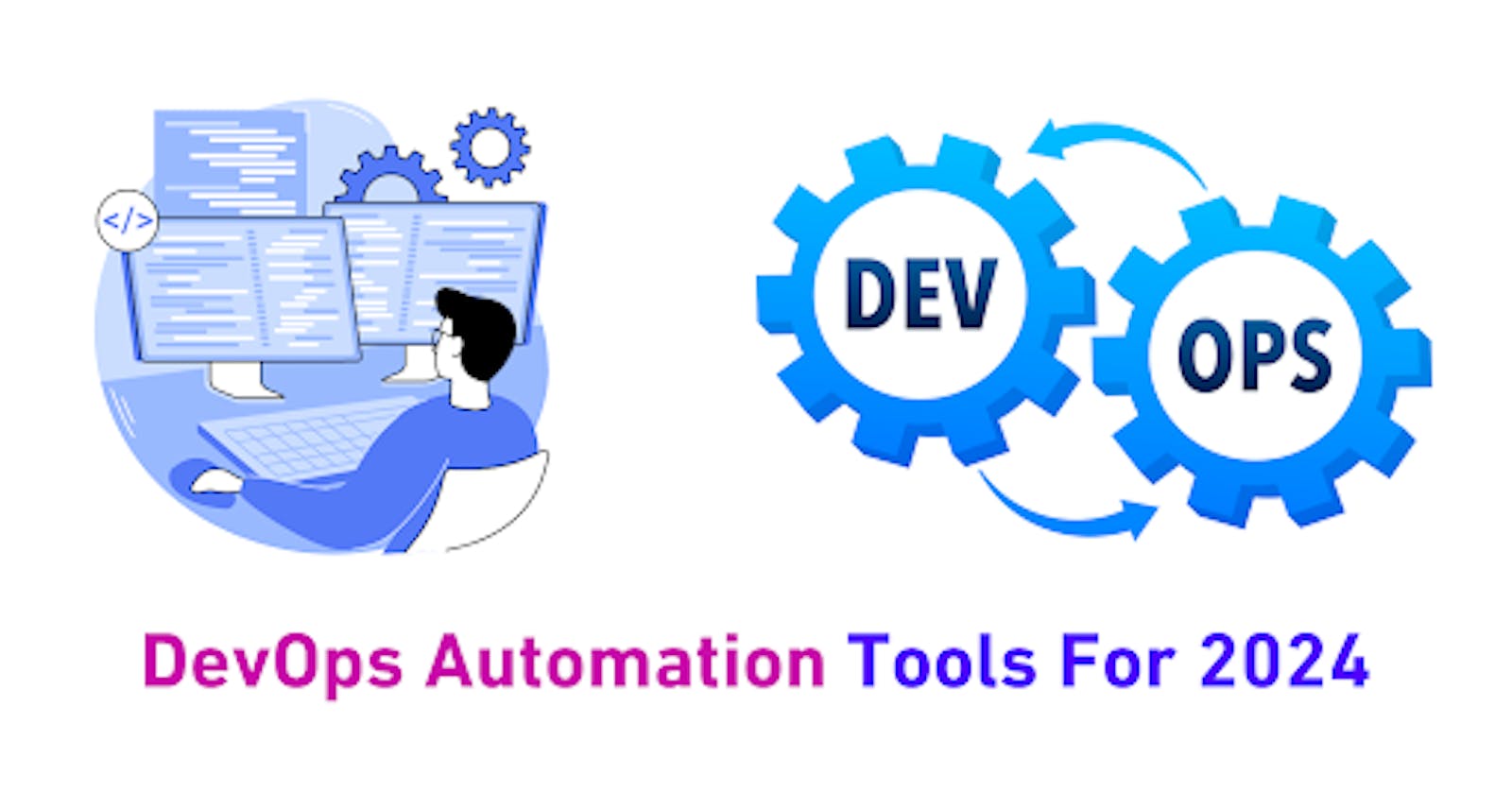DevOps is today a leading technique that acts as a bridge between software development and IT operations teams. It helps these two teams in establishing a process that nurtures a productive and collaborative environment. Based on Agile methodologies, it is very hard to pin an exact definition for DevOps.
That said, continuity and automation are key aspects of it, and hence, we are here with this blog on the top DevOps automation tools for 2024 and beyond. Let’s understand what is DevOps tools, and the top automation tools in DevOps.
What is DevOps tools?
DevOps in itself is not a tool. In fact, it makes use of various tools for improving collaboration, introducing automation, leveraging monitoring and observability, and reducing context-switching. Thus, DevOps tools are all apps that lend a helping hand in the process of software development lifecycle (SDLC).

For each aspect of the SDLC, there is a different DevOps tool, while some can be used in multiple stages too. Let us take a look at the different types of DevOps tools.
DevOps Automation Tools
DevOps automation tools help in getting rid of the tediousness of repetitive tasks from the workflow. While some of these tools focus on certain processes such as deployment or testing, there some are simply end-to-end tools. These latter type of tools cover the complete development process, right from conceptualization to deployment, up to continued monitoring.
Container Management Tools
When we talk about software development, a container refers to a software or an app that is contained in a portable environment. These consist of an app’s frameworks, libraries, and all associated dependencies. With container management tools, developers can monitor, change, and package these distributed applications.
Version Control Tools
Also called source code or source control management (SCM), they manage and track changes that are made to the software’s code.
Configuration Management Tools
Configuration management refers to the monitoring and maintaining process of system functionality. These tools aid in ensuring that all the services and apps perform consistently.
Performance Monitoring Tools
Performance monitoring tools aid in monitoring an app’s performance, as well as managing the entire infrastructure. These tools generally boast artificial intelligence and robust reporting capabilities for defect detection.
Top Automation Tools in DevOps for 2024
Let us take a look at the top DevOps automation tools that you must learn, if you already haven’t, for 2024. These tools are carefully picked for being the leading ones.
Puppet
One of the most widely used automation tools in DevOps is Puppet. It is employed for automating and centralizing the complete configuration management process.
The developer writes the proper code, specifying the ideal condition for the intended infrastructure systems, in Puppet’s DSL or Domain-Specific Language, which is also known as Puppet Code. It works with the aid of multiple hardware and operating systems.
Jenkins
Jenkins is a continuous integration server and an open-source tool that facilitates the user in automating the build cycle of the app project. Jenkins is extremely customizable, provides quick feedback, and issues warning in case of any issues. Its server can be set on all leading OS including MacOS, Microsoft Windows, and Linux.
It is free to use and integrates with other DevOps tools such as AWS, Ansible, GitHub, and Azure DevOps.
Kubernetes
Kubernetes is a widely popular container orchestration tool that facilitates in managing containers on a large scale. This Linux-based tool can be run on both public cloud or in-house data centers.
With Kubernetes, software can be upgraded without any downtime, that further reduces the development time and streamline the complete process. Its wide range of capabilities aid in building, growing, and implementing enterprise-grade Kubernetes pipelines.
Docker
Docker is a Linux-based platform that facilitates DevOps in efficiently building and running Ci/CD applications and jobs. Consequently, it aids in reducing the infrastructure costs borne by the operational teams, streamlining the configuration management of the development lifecycle.
Docker is completely equipped with a suite of DevOps tools, aiding in the creation of containerized environments for mobile and web applications. This lessens the testing conflicts. The containers render the environments more secure and portable.
Splunk Enterprise
One of the key DevOps automation tools, Splunk Enterprise facilitates DevOps teams in searching, analyzing, and visualizing logs and machine data in real-time. It also offers the bandwidth to analyze machine state, and further identify any failure point in the hardware. Data from various sources can also be collected swiftly.
Conclusion
There are plenty of DevOps automation tools in the market, which you can choose as per your organization’s needs and demands. These are some of the best tools that are used globally, and you can use them to ensure smooth automation processes of the development lifecycle.
DevOps Automation Tools FAQs
Question. Which DevOps tool is in demand 2024?
Ansible is a highly in-demand DevOps tool in 2024.
Question. What is the future of DevOps automation?
Automation is the next big thing in the technology sector, especially in terms of DevOps. It has a bright future, and anyone who gets trained in it will also reap the fruit.
